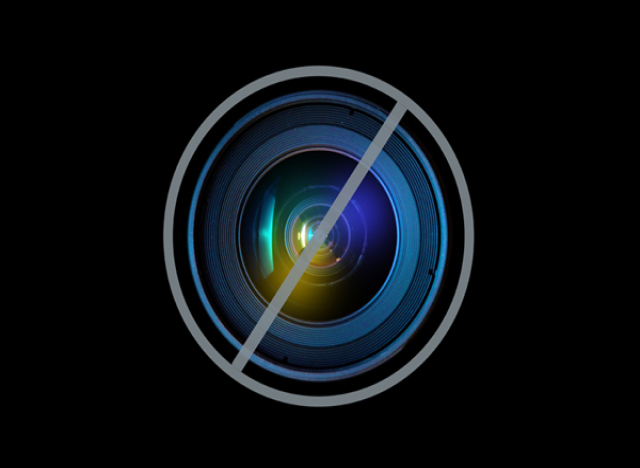If I'm addicted to anything at the moment, it is Surah Al-Qasas. More specifically, I replay minutes 13:12 - 19:29 of the Mishaari Raashid with Ibrahim Walk [Saheeh Intl Translation] every chance I get. I pray the prayer of Musa (alayhi salaam) myself, kneeling with my hands open and flat in front of me. Even curling my fingers slightly would suggest that I am not entirely impoverished before Allah, the Lord of the Worlds.
Allah is merciful - my mom did not make a negative comment about my hijab when she picked me up from the station last night. A few comments flew at me today, but I want to be patient and kind. I miss smiling faces and friends in New York. The garment below was a parting gift from a dear lady from the masjid, who I love like she's my own mother. These traditional clothes she gave me are so beautiful, I find myself completely entranced by the designs.
I'm trying to learn how to be more generous. First, I learn by spending time with people who are much more generous than I am, who can exemplify generosity, and thereby, influence me to be more generous. Allah instructs us to give from our wealth, or our poverty, from whatever we have, despite our love for it. I think that my upbringing led me to have a hoarding mentality, where I always worried about giving too much, for fear of not having enough for myself. Allah acknowledges in Al-Quran that we may well love what we have, and that this love may cause us to hesitate to share. But Allah teaches that to be righteous, we must give away what we love, despite any worry or attachment to our wealth.
To be honest, I gave more during Ramadan than I'm used to. I gave to the masjid, I gave to people I knew who are in need. I spent money on food for Iftar, even when I was worried that I wouldn't have enough for my own food. You see, I tried, although I wasn't perfect. And I notice there's still some money in my account. Perhaps I can't believe it, or can't understand how.
So, today I made a small donation to Islamic Relief. I was going to donate to CAIR (Council on American-Islamic Relations), but I noticed that they have met their most recent fundraising goal. I don't have much in my bank account; I mean, I didn't have much even before I made the donation. But my actions (generosity) with little should reflect what my conduct would be with plenty. I want to give; I want to give as much as possible to as many who need it. Perhaps I didn't give as much as I should today, but eventually I'll learn to have more faith, to be more generous.
New York was a gift in countless ways. First, I had independence and privacy. I could fast without being harassed by my family in person about it. Second, how fortunate I was that Allah blessed me with an ideal summer job, which involved working in the mornings, and gaining experience for my upcoming escapade. The job allowed me to fast in an air-conditioned setting, without working a normal 9-5 schedule. I had time to spend at the mosque in the afternoon and evening. Third, I was with wonderful people throughout July and August. The kindest family, who accepted me and welcomed me and who I can't forget. And my dear friend Khadija, who I speak to more comfortably than I do my own sisters.
Just last week we sat chatting by the river in Jersey City at night, Manhattan shining in our view. She has this way of making me feel better, no matter how bad I feel. She always advises me to truth and patience, and therefore, has exemplified yet another essential aspect of Islam. Allah says in Al-Quran, Surah Al-Asr:
By time, Indeed, mankind is in loss, Except for those who have believed and done righteous deeds, and advised each other to truth and advised each other to patience.
We sat by the river on the Jersey side, and we listened to Adhan and Surah Al-Qasas together. The beauty of Al-Quran being recited at night by that river was profound to me. I shared with her a favorite video featuring the beauty of Al-Adhan that I've been watching with joy for years now:

















